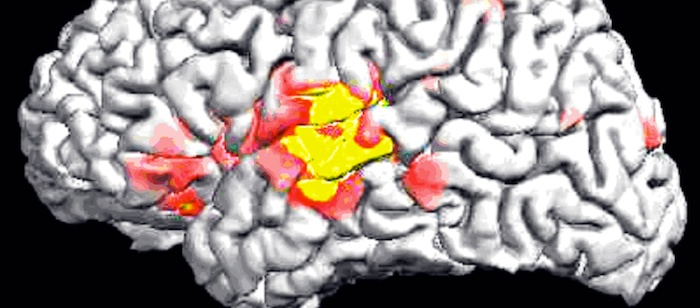
EE Graduate Seminar
Analysis of Brain Network Connectivity
in fMRI Data using Spatial Dependence
Sai Ma
EE PhD Candidate, CSEE Dept, UMBC
11:30-12:45 Friday 9 September 2011, ITE 231
Due to low invasiveness and high spatial resolution, functional magnetic resonance imaging (fMRI) has become popular in neuroimaging field to determine where activity occurs in brain as a result of performing cognitive tasks or merely being at rest. One of the most active areas in current fMRI research involves exploring functional connectivity, i.e., statistical interactions, among distributed neural units. Understanding connectivity elucidates how functional systems process information in brain. More interestingly, disorganized connectivity has shown to be related to various kinds of mental disorder.
Data-driven methods, especially independent component analysis (ICA), have been successfully applied to fMRI data analysis and provided an opportunity to study brain functional connectivity on a network, hence multivariate scale. However, independence is a strong assumption which is not necessarily nor typically satisfied in real applications. For this reason, dependent component analysis (DCA) has emerged to generalize ICA by grouping components into independent subsets while within subset dependence is allowed.
Based on ICA and motivated by DCA, we aim to develop effective and efficient analysis schemes to extract, characterize, and quantify network connectivity pattern in fMRI data. We define functional network connectivity as spatial dependence among ICA-derived components, instead of second-order temporal correlation between time courses, to capture high-order statistics. According to this definition, we present our work on the study of network connectivity by several data-driven methods, including ICA, DCA, hierarchical clustering, hypothesis testing, and graph theoretical analysis.
seminar Host: Prof. Joel M. Morris